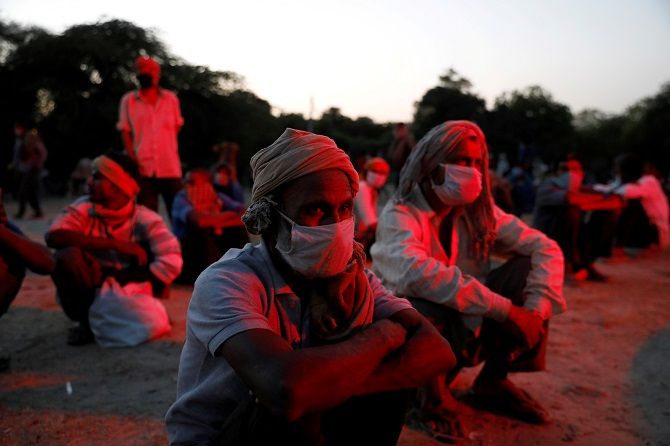 | « Back to article | Print this article |
'People of all ages can be infected, get sick and transmit the #coronavirus. Most patients recover' says the World Health Organization.

Do you have the answers to the most important questions on COVID-19?
The answers that will keep YOU and YOUR family safe and healthy from this terrifying disease?
As the global community combats the COVID-19 pandemic together, Twitter has become a place that, more often than not, helps people to find reliable information. And follow what’s happening in real-time.
The World Health Organization, like many other authorities, uses Twitter too as a medium to put out the most important information and the latest facts to people all over the world.
Over the past few weeks, more than 6 million questions have been tweeted about COVID-19.
Here are some of WHO's responses to the more critical questions:
1. How do you prevent #COVID19 and keep your family safe?
The most effective ways to protect yourself and others are too frequently clean your hands, cover your cough, and maintain a distance of at least 1 m (3 feet) from people.
2. What are symptoms of #COVID19 and when should you get treatment versus stay home?
The most common symptoms of #COVID19 are fever, dry cough and tiredness.
Some patients may have aches and pains, nasal congestion, runny nose, sore throat, diarrhoea.
People with difficulty breathing or pain/pressure in the chest should seek medical attention.
3. Can young people get infected?
People of all ages can be infected, get sick and transmit the #coronavirus.
Older people and people with pre-existing medical conditions, such as asthma, diabetes, heart disease, appear to be more vulnerable to becoming severely ill. We are all at risk, so we all have a part to play.
4. How is #COVID19 treated?
To date, there is no vaccine and no specific antiviral medicines against #COVID19.
However, some people with a serious illness may need to be hospitalised to receive life-saving treatment such as oxygen. Most patients recover thanks to such care.
5. Can you still have #COVID19 if you don't have symptoms?
Some people become infected but don’t develop any symptoms. Most people (about 80%) recover from the disease without needing hospital treatment.
6. Where are the tests?
Some countries have developed tests or accessed tests themselves. To help countries that need support, WHO is working with companies to increase production, to secure supply and ensure equitable distribution, and has shipped 1.5 million laboratory tests to over 126 countries so far.
7. What does physical distancing really mean?
Maintain at least 1 m distance (3 feet) between yourself and others.
Why?
When an infected person coughs, sneezes or speaks, they spray small liquid droplets from their nose or mouth which may contain the #coronavirus. If you are too close, you can breathe in the virus.
8. Is it okay to exercise outside?
We recommend 30 minutes of activity a day for adults and one hour a day for children.
If your local guidelines allow it, go outside for a walk, run, or bike ride and keep a safe distance from others. If you can’t leave the house, find an exercise video online, dance, or do some yoga.
9. What supplies should everyone have on hand if areas go into lockdown?
Store supplies of water and food you need, and check your regular prescription drugs to ensure a continuous supply in your home. Do not hoard or stockpile. Be kind and think of others.
10. Will #COVID19 die down during the warmer months?
You can catch #COVID19 no matter how sunny or hot the weather is.
Countries with hot weather have reported cases of COVID-19. To protect yourself, make sure you clean your hands frequently and thoroughly and avoid touching your eyes, mouth, and nose.
11. Can normal laundry washing get rid of #COVID19?
Yes. Do the laundry as you normally would with detergent or soap and preferably hot water.
12. Are face masks effective?
Face masks alone cannot protect you from #COVID19. Their use should always be combined with other protective measures, including staying at least 1 m (3 feet) away from others and frequent hand-washing.
13. When should we expect a vaccine?
It usually takes several years to develop a vaccine. The first #COVID19 vaccine trial began just 60 days after the genetic sequence of the virus was published.
14. What are some good mental health tips?
Talking to people you know and trust can help -- check in on neighbours, family and friends. Listen to music, read a book or play a game. Try not to read or watch too much news if it makes you anxious.
Get your information from reliable sources once or twice a day.
For the latest information, follow the @WHO on Twitter and this list of official local health organizations around the world.